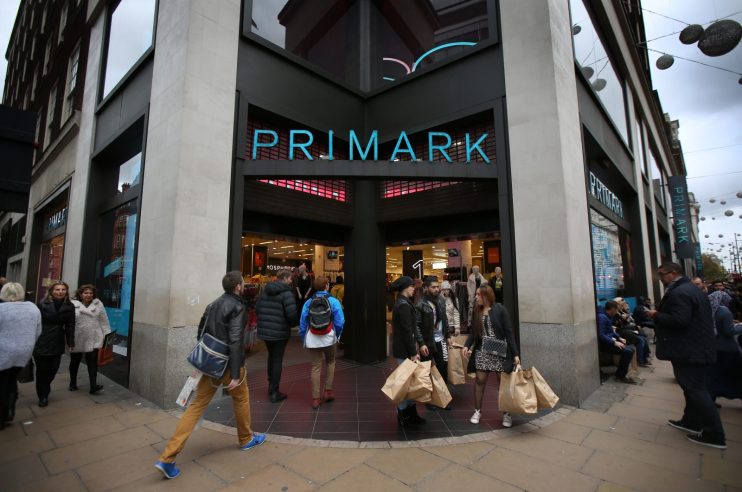Primark owner ABF thanks sunny spells, digital push and inflation for 13 per cent sales hike

Primark owner Associated British Foods (ABF), has credited warm weather and a revamp of the affordable fashion brands website for a 13 per cent rise in sales – hiking its share price 0.61 per cent when markets opened this morning.
The retail giant which also brand such as Twinings, said like for like sales grew seven per cent in the third quarter due to “higher average selling prices,” and inflation, as cash-strapped Brits tightened their belts.
The fast fashion brand, which has some 400 sites worldwide, reached sales of £1.99bn as it worked on improving its website for customers in mainland Europe and the US and continued to trial click and collect services.
Despite refusing to offer home delivery services Primark has continued to outperform competitors in the affordable fashion space such as Asos, who posted a loss of £87.4m in its latest financial results.
“Primark has continued to trade in line with our expectations, with summer ranges performing well as the season started in our markets. As well as seasonal clothing and accessories, sales in health and beauty products were particularly strong. Sales in our flagship city centre stores have continued to be good,” ABF said.
AB Foods, which also owns curry brand Patak’s also reported a 13 per cent rise in grocery sales to £1.05bn, as an increase in commodity costs helped hike revenues.
“We have seen strong constant currency sales growth in Grocery and Ingredients largely driven by the necessary pricing actions taken earlier in the year to offset input cost increases,” the group added.
The sugar to clothing retail group reported total sales of £4.7bn for the quarter up 16 per cent, revealing it expects the group’s adjusted operating profit for the full year to be “moderately ahead of last year”.
Some £319m of its £500m share and buy back programme which it launched last year has also been completed.
It was launched last year after the group saw a 16 per cent drop of in sales against pre-pandemic levels.